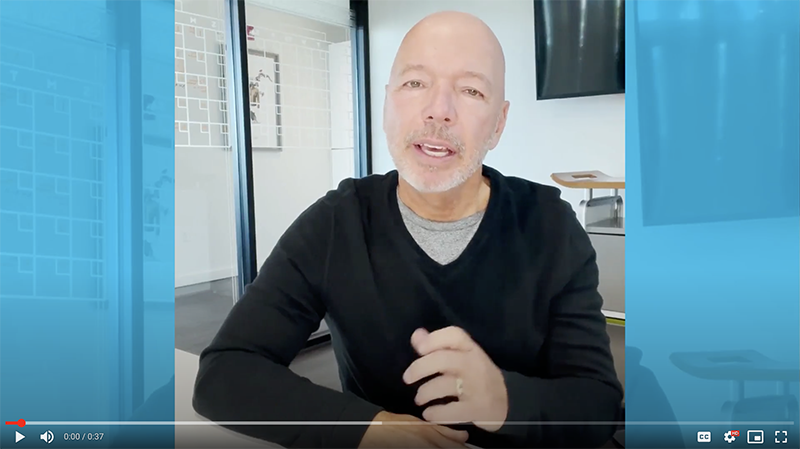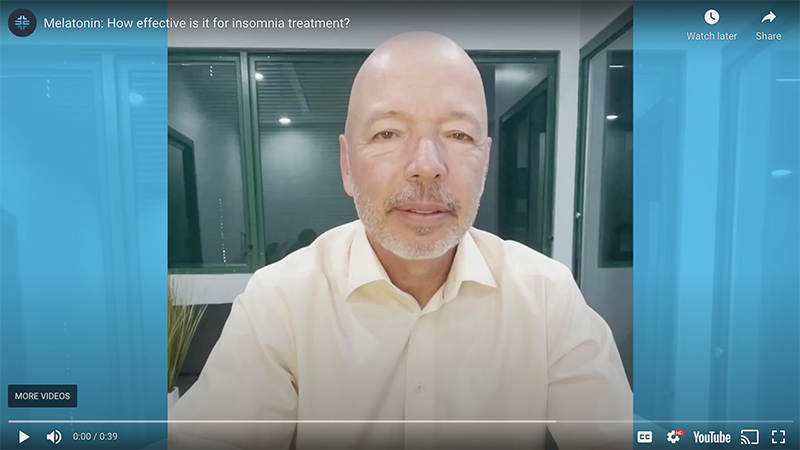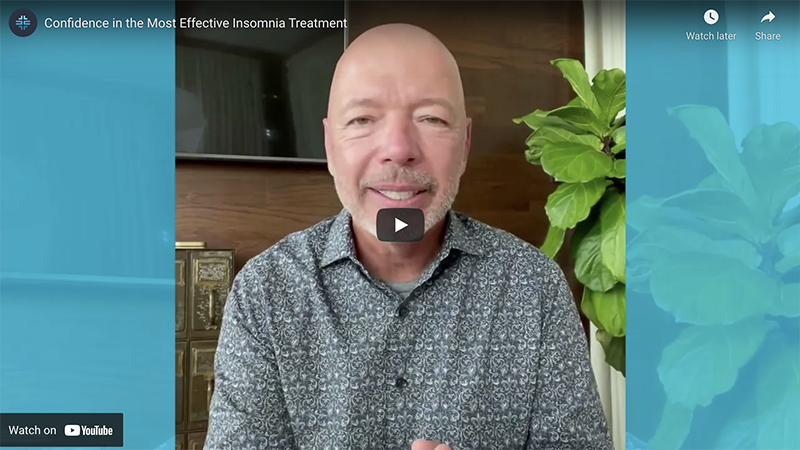According to a recent study, since the beginning of the pandemic in 2020, 70% of people have experienced sleep challenges. Of those, more than half say they’re willing to use telehealth to address their sleep issues.
Solid sleep is vital for both physical and mental health. If you have been diagnosed with sleep apnea insomnia and you’re still not sleeping, you may be a candidate for CBT-I.
Insomnia and Sleep Apnea
Insomnia affects around 30% of the adult population, making it extremely widespread. This sleep disorder includes symptoms such as being unable to fall asleep or stay asleep, low energy, difficulty concentrating, mood disturbances, fatigue, and decreased work performance. If you use a CPAP (continuous positive airway pressure) and still struggle with these things, your insomnia might be going untreated.
Sleep apnea insomnia is a common condition that affects a large percentage of the population. CPAP therapy utilizes a machine that allows anyone with obstructive sleep apnea to breathe easier while they sleep. The air pressure from a CPAP machine allows the upper airway passages to stay open, preventing apnea.
Sleep is as important for your health as a healthy diet and regular exercise. Regardless of your reason for sleep loss, insomnia must be treated effectively to prevent it from causing more issues in your day-to-day life.
Thankfully, there are long-term treatment options for poor sleeping. These include CPAP and CBT-I, both deemed the most effective by scientific researchers and prestigious medical institutions. CPAP and CBT-I can work together to treat your sleep deprivation.
CPAP
Research shows that CPAP therapy decreases daytime drowsiness, particularly in those with moderate to severe sleep apnea. Studies also show that CPAP therapy lowers blood pressure both at night and during the day.
However, there are negative sides to CPAP treatment, including difficulty falling asleep, a feeling of claustrophobia, dry mouth, nosebleeds, nasal congestion, and skin irritation where the mask is in contact with the face.
Still can’t sleep with CPAP? Lingering issues may indicate that sleep apnea isn’t the only reason you’re not sleeping. CBT-I may be a more suitable treatment for chronic insomnia. Issues caused by waking up in the middle of the night due to sleep apnea are common. It’s extremely important to seek treatment if you think you are a victim of insomnia.
CBT-I
If you were diagnosed with sleep apnea insomnia and you’re still waking up during the night, it may be worth considering cognitive behavioral therapy.
CBT-I is the only scientifically proven, non-invasive insomnia treatment to help you stay asleep. This behavioral therapy is 70-80% more effective than sleeping pills and is recommended by Harvard Medical School, the National Institutes of Health, the National Sleep Foundation, Mayo Clinic, and WebMD.
The American College of Physicians also recommends that adult patients with chronic insomnia receive CBT-I treatment.
According to Dr. Amir Qaseem, vice president of clinical policy at the American College of Physicians, and his colleagues, CBT-I is an effective, non-invasive treatment that is likely to cause fewer harms than conventional medicine for insomnia. He points out that pharmacologic therapy can be linked to serious adverse side effects. CBT-I treatment provides better overall value for tackling insomnia than pharmacologic treatment.
How to know if you need CBT-I
Since the pandemic began, more people are facing sleep challenges. The reason for this? Stress. Stress is a leading contributor to insomnia. With stress being such a big part of our lives, it’s no wonder the nation is facing an insomnia pandemic. By implementing CBT-I, you learn how to identify the internal and external factors that steal your sleep before retraining your brain to understand its motivation for sleep. It’s all about paying attention to your thoughts and feelings, retraining your brain to push away sleep anxiety and achieve a better night’s sleep.
CBT-I is the best treatment available for insomnia.
You’ll know CBT-I is the right method of treatment for you if you:
- Rely on sleeping pills
- Experience constant worries about sleep
- Struggle falling back asleep
- Wake up feeling tired and sluggish
- Are unable to fall asleep
- Notice diminished focus and attention
- Experience fatigue and tiredness
- Rely on naps
Treatment Programs
If you’re using a CPAP as prescribed, but you’re not getting enough sleep, you might want to consider CBT-I treatment.
At Somly, we provide six-week CBT-I programs using clinically proven sleep techniques and one-on-one coaching. You’ll be paired with a sleep coach to guide you through the course to better sleep and better quality of life.
Our interactive program teaches you how to retrain your brain to discover its drive for sleep, and guides you through the process of changing your thoughts around sleep. The process goes like this:
- Start your free account
- Take a quick, online assessment
- Talk to a sleep coach
- Complete your one-week sleep diary
- Start applying proven techniques to enjoy better sleep
The program is only $549 and is 100% satisfaction guaranteed.
Sign up today to get started with one of our Somly sleep specialists.


